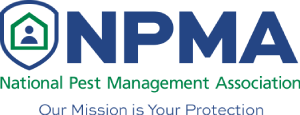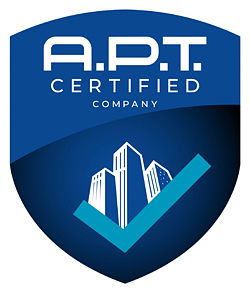Humane Raccoon Removal & Trapping Services in Houston
Raccoon Intrusions: Handling Unwanted Guests in Houston, TX Homes

Houston, Texas, with its urban sprawl and proximity to green spaces, often finds itself at the intersection of urban life and wildlife habitat. Among the many critters that Houstonians may encounter are raccoons, resourceful and adaptable mammals known for their dexterous paws and distinctive masked faces. While raccoons may be charming to observe in the wild, their presence inside homes can pose challenges and potential risks for residents.
Understanding Raccoons in Houston
Raccoons are highly adaptable creatures that can thrive in a variety of environments, including urban areas like Houston. They are primarily nocturnal and omnivorous, feeding on a diverse diet that includes fruits, nuts, insects, small mammals, and even human garbage. Raccoons are excellent climbers and are capable of accessing homes through openings in attics, chimneys, or vents in search of shelter or food.
Signs of Intrusion:
Detecting raccoons inside a Houston home requires keen observation of certain signs:
- Strange Noises: Raccoons are nocturnal, so homeowners may hear noises such as scratching, thumping, or vocalizations coming from the attic or walls during the night.
- Damage to Property: Raccoons can cause significant damage to property as they enter or exit a home. This may include torn shingles, damaged vents, or holes in the roofline.
- Foul Odors: Raccoon droppings and urine can emit strong, unpleasant odors that may become noticeable inside the home.
- Tracks or Droppings: Finding tracks or droppings around the home, particularly in attics or crawl spaces, is a clear indication of raccoon activity.
Dealing with Raccoon Intrusions
If raccoons have found their way into a Houston home, it's essential to handle the situation promptly and safely:
- Secure Entry Points: Inspect the home for potential entry points and seal them off to prevent further intrusion. This may involve repairing damaged vents, installing chimney caps, or reinforcing weak areas of the roofline.
- Humanely Remove Raccoons: Contact a professional wildlife removal service experienced in handling raccoons. Attempting to remove raccoons without proper training can be dangerous and may result in injury to both humans and animals.
- Clean and Disinfect: After raccoons have been removed, thoroughly clean and disinfect the affected areas to remove any traces of urine, feces, or odor. This helps prevent the spread of disease and discourages other raccoons from returning.
- Prevent Future Intrusions: Take proactive measures to deter raccoons from returning by securing garbage bins, removing potential food sources from the property, and trimming overhanging tree branches that could provide access to the roof.
Raccoon intrusions in Houston homes require swift action to ensure the safety and well-being of residents and the animals themselves. By understanding the signs of raccoon activity, promptly addressing intrusions, and implementing preventive measures, homeowners can effectively manage raccoon encounters and maintain a harmonious coexistence with wildlife in their urban environment.


.jpg)



